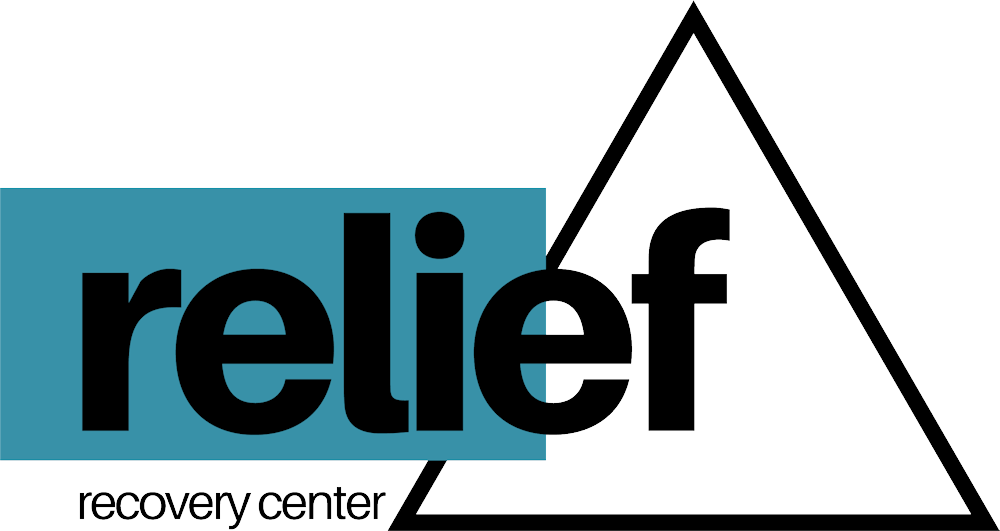The relationship between substance abuse and ADHD (Attention-Deficit Hyperactivity Disorder) is both complex and significant. Research indicates that individuals with ADHD may be more susceptible to developing substance use disorders compared to the general population. This article delves into the reasons behind this connection, the implications for treatment, and strategies for prevention and management.
Understanding ADHD
Attention-Deficit Hyperactivity Disorder (ADHD) is a neurological disorder characterized by a pattern of inattention, hyperactivity, and impulsivity that exceeds what is typically observed at a similar developmental stage. This condition affects daily functioning and development in children and adults alike. Symptoms can vary widely but generally include difficulty sustaining attention, hyperactive behaviors, and impulsive actions that are premature and often inappropriate.
The ADHD and Substance Abuse Connection
Research shows a compelling link between ADHD and substance abuse, with numerous individuals turning to alcohol, tobacco, or other drugs as a form of self-medication. This attempt to mitigate the symptoms of ADHD or to manage the social and emotional challenges associated with the disorder often worsens the situation. For instance, substances may initially mask the symptoms but typically lead to an increase in overall impairment over time. This section delves deeper into the self-medication hypothesis, supported by extensive research and clinical observations. For more detailed data, resources like Substance Abuse and Mental Health Services Administration provide comprehensive studies and findings on this correlation.
The Role of Impulsivity
Impulsivity is a defining feature of ADHD and significantly impacts decision-making processes. This symptom makes individuals more prone to engaging in risky behaviors, including the early experimentation with and continued use of addictive substances. The inability to delay gratification or consider the long-term consequences of one’s actions can lead to a cycle of compulsive substance use. Consequently, the impulsivity inherent in ADHD not only complicates efforts to resist immediate temptations but also increases the overall risk of developing substance abuse disorders. Understanding and addressing this impulsivity is crucial in the treatment and management of ADHD and related substance abuse issues.
The Impact of ADHD Medication
Interestingly, when ADHD is managed appropriately with medications, such as stimulants, the risk of substance abuse often decreases. These medications help balance neurotransmitters in the brain, leading to improved focus and reduced impulsivity. As a result, individuals with ADHD are better able to control behaviors associated with substance misuse. According to the National Institute of Mental Health, effective medication management can significantly mitigate the risk of developing a substance use disorder. Additionally, these findings underscore the importance of closely monitoring and adjusting treatment plans to ensure the highest level of efficacy and safety.
The Statistical Landscape
Statistical analyses indicate that adults with ADHD are approximately 1.5 times more likely to develop substance abuse disorders compared to those without the condition. This heightened risk highlights the critical need for targeted preventive measures and interventions. Detailed discussions on these statistics can be found in a study published by the Journal of the American Medical Association, which explores the prevalence and implications of co-occurring ADHD and substance use disorders. Such data are instrumental in understanding the scope of the problem and guiding effective policy and practice in mental health and addiction services.
Treatment and Management Strategies
Effective treatment strategies for individuals grappling with both ADHD and substance abuse are crucial and must be multifaceted. Treatment typically includes a combination of pharmacotherapy, behavioral therapies, and comprehensive support systems. Pharmacotherapy may involve the use of stimulants or non-stimulant medications to manage ADHD symptoms, while behavioral therapies, such as Cognitive Behavioral Therapy (CBT) and motivational interviewing, address the psychological aspects of addiction. Furthermore, support systems, both professional and personal, provide the necessary ongoing encouragement and resources. These elements are interlinked, each playing a vital role in the holistic treatment approach necessary for successful outcomes in dual-diagnosis scenarios.
Integrated Treatment Approaches
An integrated treatment approach is essential for effectively managing the dual challenges of ADHD and substance abuse. This holistic strategy ensures that both conditions are addressed simultaneously, enhancing the effectiveness of the recovery process. The Dual Diagnosis Treatment program at Relief Recovery Center exemplifies such an approach, integrating medical treatment, psychological counseling, and personalized support strategies. This multi-pronged method not only treats the symptoms but also addresses the root causes and complications of dual diagnoses, providing a robust framework for recovery. For a more comprehensive understanding, visitors can explore the Dual Diagnosis Treatment page, which outlines specific therapeutic techniques and program structures designed to support individuals facing these complex issues.
Behavioral Therapies
Behavioral therapies, such as Cognitive Behavioral Therapy (CBT) and motivational interviewing, are pivotal in treating individuals with a dual diagnosis of ADHD and substance abuse. CBT focuses on identifying and changing negative thinking patterns and behaviors, helping individuals develop healthier coping mechanisms. Similarly, motivational interviewing enhances an individual’s motivation to change those behaviors that contribute to substance use and poor management of ADHD. By combining these therapies, treatment plans become more adaptive and effective, directly targeting the behaviors and thought processes that sustain addiction and complicate ADHD management. Additionally, these therapies are administered in a structured, goal-oriented manner, ensuring that each session builds towards long-term recovery and self-management.
Prevention and Awareness
Raising awareness about the link between substance abuse and ADHD is crucial for prevention. Educational programs that inform individuals, families, and communities about the risks and signs of ADHD and substance abuse can play a significant role in early intervention. Early screening for ADHD is particularly impactful, as it allows for timely intervention that can prevent the development of substance use disorders in at-risk populations. Moreover, community outreach and public health initiatives can amplify the reach of these messages, creating a more informed public that can take proactive steps to avoid the onset of these conditions. Prevention efforts are vital in reducing the burden of ADHD and substance abuse, thereby enhancing the overall well-being of communities. For further details on prevention strategies, the Relief Recovery Center’s website offers resources and articles that can assist in understanding and implementing these important measures.
Community and Support
Support groups and community resources also play a pivotal role in recovery and prevention. Engaging with community resources can provide the necessary support and information crucial for managing these conditions effectively.
Understanding the complex relationship between substance abuse and ADHD is crucial for developing effective treatment and prevention strategies. With informed approaches and comprehensive care, individuals with ADHD can manage their symptoms effectively and reduce their risk of substance abuse.
This article offers a pathway to understanding and addressing the intricate link between these two conditions, providing hope and guidance for those affected. For more detailed discussions and support options, visit Relief Recovery Center’s resource page.



